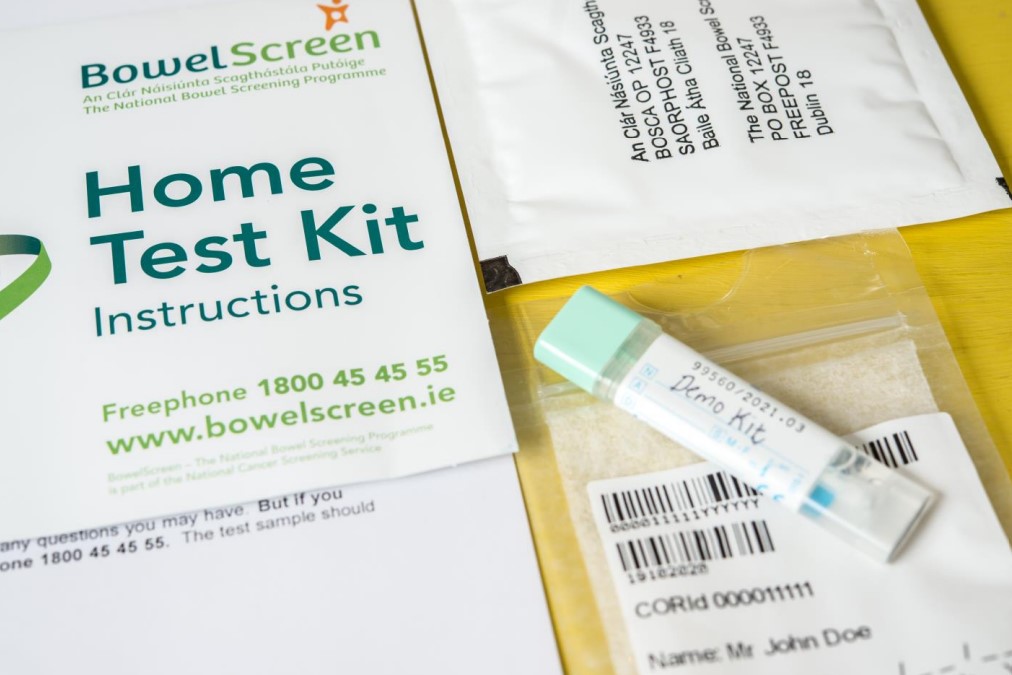The UCD Newman Fellowship Programme is proud to highlight Fellow Dr Jane Cudmore’s research this Bowel Cancer Awareness month.
Jane’s groundbreaking study on identifying signs of hereditary colorectal cancer could revolutionise the management of the disease within the national screening service BowelScreen Ireland and help catch cancer early, preventing hundreds of deaths.
Around 2,600 people are diagnosed with bowel cancer in Ireland every year.
It’s the second most common invasive cancer in men and third in women – with a higher incidence than cervical cancer.
Dr Jane Cudmore explained that patients diagnosed with colorectal cancer were previously not all tested for Lynch Syndrome, a known cause of hereditary cancer.
She said: “Colorectal cancer is a huge cause of morbidity and mortality worldwide and Ireland is no exception.
“There’s a small proportion of people who have a genetic or hereditary cause for their cancer.
“A lot of these people would have previously gone unrecognised and if we can identify them, we can put screening in place for them and their families to try and detect cancer early or even prevent cancer down the line.”
The AbbVie and BowelScreen Newman Fellowship in colorectal cancer puts patients who are at a higher risk of developing cancer at the forefront.
Jane, 31, said: “While the proportion of these people is really small, it’s still really important because they are at such a high risk of colorectal cancer, and because the condition is hereditary or genetic, it means their families are at risk.
“It seems a lot of them were falling under the radar until now and part of the reason for that is because some of the syndromes that count for hereditary cancer are relatively new, they’ve only been identified recently.
“When someone is diagnosed with cancer, we can now do a specific test on the cancer and see if they have a condition called Lynch Syndrome which is the most common cause of hereditary colorectal cancer.
“It has been proposed internationally that all colorectal cancers that are diagnosed should be tested for Lynch Syndrome and over this year and last year that is happening, but up until then it hadn’t been happening for all colorectal cancers that were diagnosed.”
During her time in UCD as a Fellow, Jane worked with BowelScreen to implement a consistent testing for hereditary colorectal cancer once it has been diagnosed in a patient.
She said: “The aim is to really identify and pick up as many of these people as possible so that surveillance can be put in place for themselves and for their families.
“Because they’re at a high risk of getting colorectal cancer, it’s not that we can stop them getting cancer but we can try and pick it up at an early stage.
“The earlier you pick it up, the better chance you have of curing it and treating it completely. We can always manage it, but if we pick it up later we can’t always cure it.”
Dr Jane Cudmore completed her Newman Fellowship in Gastroenterology at UCD with funding support by AbbVie and BowelScreen.
Her Newman Fellowship was supervised by Dr Jan Leyden.



